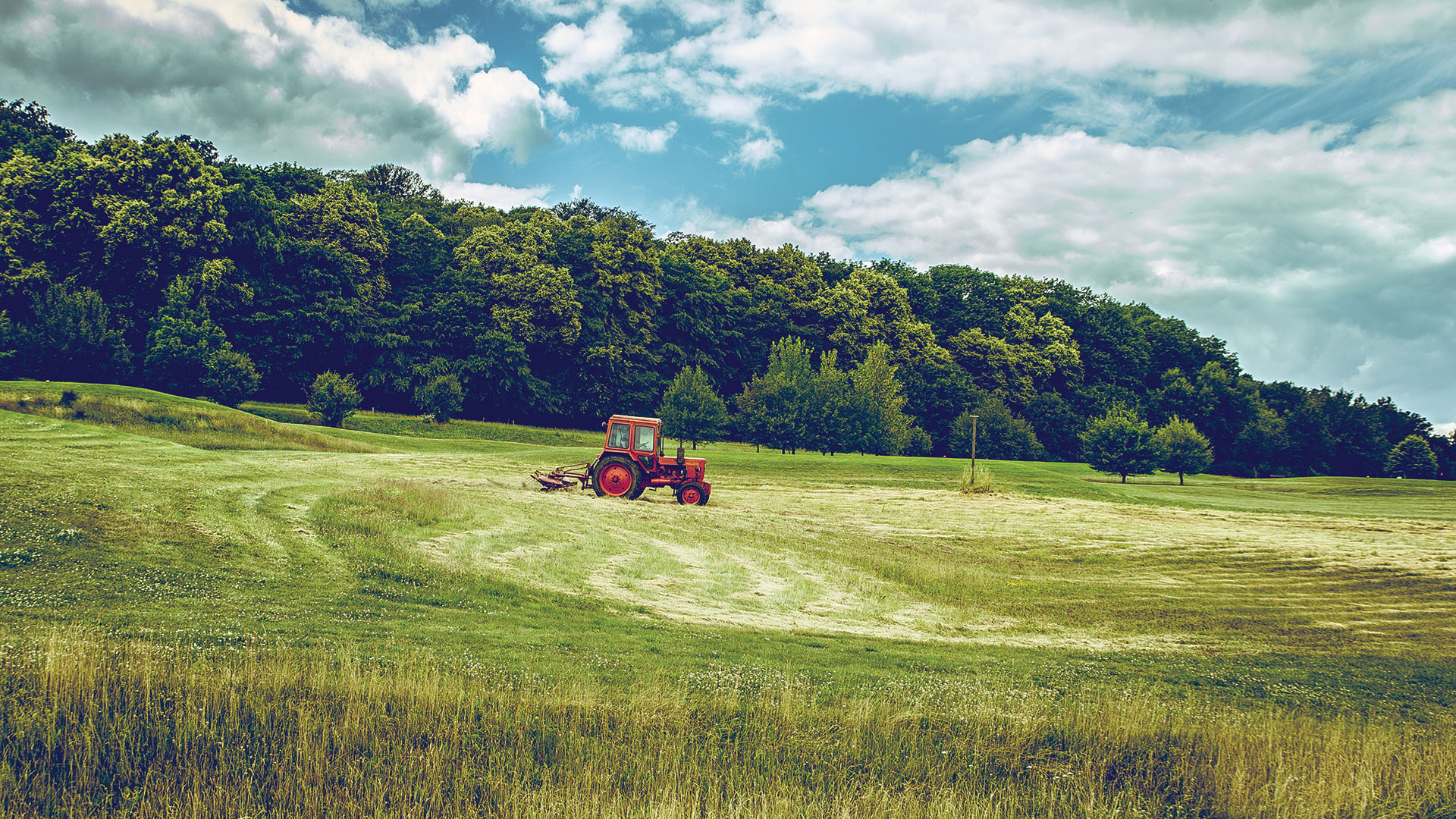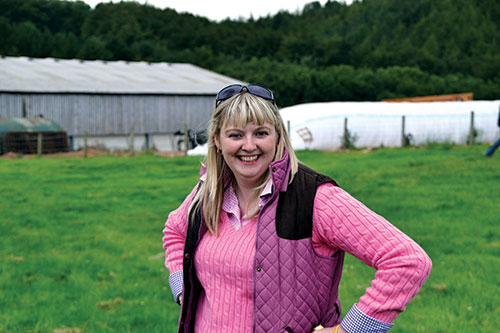The life of a farmer may seem idyllic for those who face chugging through a daily commute into a city office. Green space, fresh air, working with animals – what could be better? But the list of pressures is long, and growing: financial issues (borrowing money and receiving poor returns on capital), increased regulation, irregular weather patterns, animal diseases, family expectations, isolation, lack of respite. The results of these mounting stresses can be stark. Recent statistics showed that one farmer a week takes their own life.
New campaigns across the UK aim to provide support which could turn this worrying trend around.
Why it’s good to talk about mental health
The Scottish Association of Young Farmers’ Clubs has started a campaign, Are Ewe Okay?, targeting farmers aged 14 to 30. “The main thing for that audience is isolation,” says campaign manager Joanna Foubister, who grew up on her parents’ farm on Orkney. “A lot of people are working independently, and in the culture of agriculture and rural communities there is a stigma that it is weak to talk about your feelings, you bottle up your emotion. I think that is deep-rooted within the culture.
“Farmers generally don’t like going to the doctor – to find the time and even if they do go, the advice might be to get rest. It is very difficult to do that when you have a byre full of animals to feed and you have to go with the seasons, meaning at some times of the year it is very, very busy.”
The same issues are felt keenly around Britain, and an increasing number of campaigns and support bodies are looking to offer help. In Norfolk and Suffolk the YANA (You Are Not Alone) Project is speaking directly to people in the farming communities experiencing mental health problems. A helpline has been set up for anyone who needs support, or thinks they know someone who might. YANA can also direct farmers towards counselling, and even help to fund it. Similarly, The Farming Community Network runs a confidential helpline where those in the agricultural industry can discuss stress, depression, isolation, as well as addiction or illness, family or financial problems.
According to Foubister, uncertainty over Brexit is exacerbating the issue of mental ill-health, and she anticipates this will grow worse. “We are so dependent on so many factors politically and globally within the industry,” she says. “And there is the weather which is undoubtedly getting more and more difficult to predict.”











